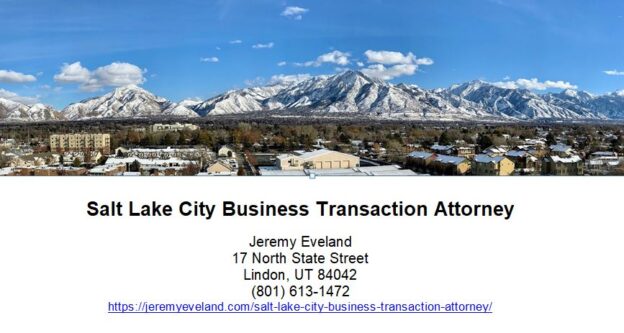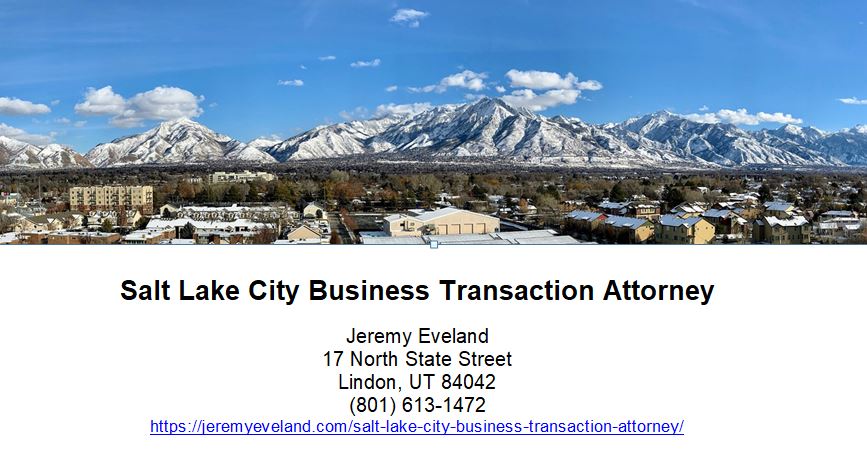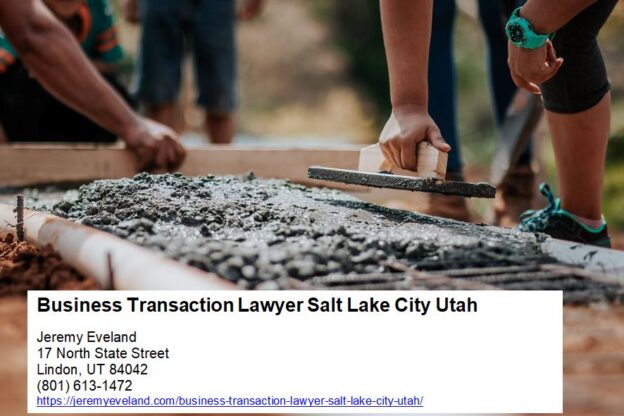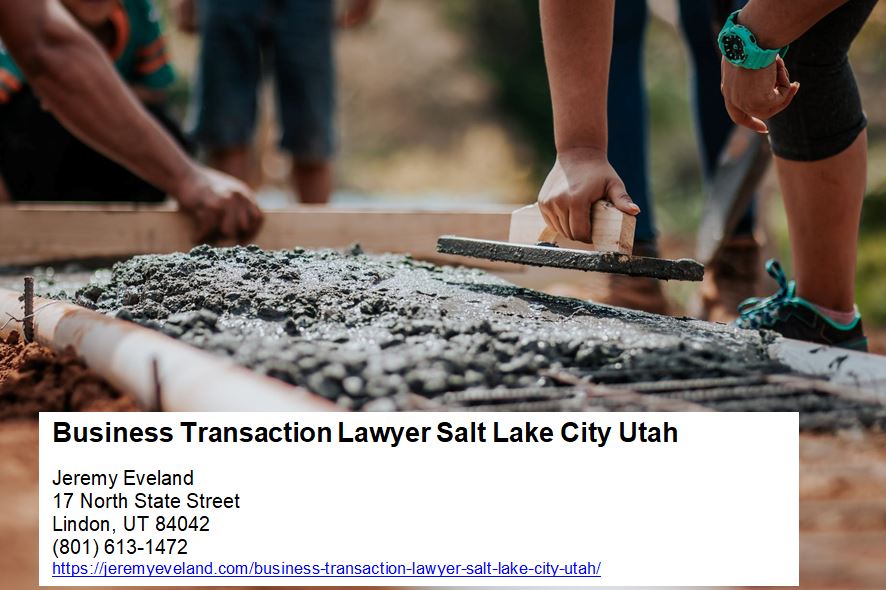Due Diligence
-
Business Due Diligence
- Introduction
- The Importance of Due Diligence in Mergers and Acquisitions: What You Need to Know
- The Role of Technology in Due Diligence: How Automation Can Help
- Accounting Due Diligence: What You Need to Know Before Making a Business Decision
- Understanding the Legal Aspects of Due Diligence: What You Need to Know
- The Benefits of Business Due Diligence: How to Protect Your Investment
- Q&A
“Due Diligence: Get the Facts Before You Act!”
Introduction
Due diligence is an important process that helps to ensure that a business transaction is conducted in a responsible and ethical manner. It involves researching and verifying the facts and figures related to a potential transaction, such as the financials, legal documents, and other relevant information. Due diligence is a critical step in any business transaction, as it helps to protect the interests of all parties involved. It also helps to ensure that the transaction is conducted in a fair and transparent manner. By conducting due diligence, businesses can make informed decisions and reduce the risk of potential losses.
The Importance of Due Diligence in Mergers and Acquisitions: What You Need to Know
Due diligence is an essential part of any merger or acquisition (M&A) process. It is the process of researching and analyzing a company’s financial, legal, and operational information to ensure that the deal is in the best interests of the acquiring company. Without due diligence, an M&A transaction could be a costly mistake.
Due diligence is a critical step in the M&A process. It helps the acquiring company to identify any potential risks or liabilities associated with the target company. It also helps to ensure that the target company is a good fit for the acquiring company’s business strategy.
The due diligence process typically involves a thorough review of the target company’s financial statements, legal documents, and operational information. This includes reviewing the company’s financial performance, customer base, competitive landscape, and any potential liabilities. The due diligence process also involves interviewing key personnel from the target company to gain a better understanding of the company’s operations and culture. If a company doesn’t want to provide you with these document (like actual copies of their bank statements so you can verify everything, you should walk away from that deal.
Due diligence is an important part of the M&A process because it helps to ensure that the acquiring company is making an informed decision. It helps to identify any potential risks or liabilities associated with the target company and helps to ensure that the target company is a good fit for the acquiring company’s business strategy.
Due diligence is a complex process and requires a significant amount of time and resources. It is important to ensure that the due diligence process is conducted properly and that all relevant information is gathered and analyzed. It is also important to ensure that the due diligence process is conducted in a timely manner to ensure that the M&A transaction is completed in a timely manner.
Due diligence is an essential part of any M&A process and should not be overlooked. It is important to ensure that the due diligence process is conducted properly and that all relevant information is gathered and analyzed. Doing so will help to ensure that the M&A transaction is in the best interests of the acquiring company and that the target company is a good fit for the acquiring company’s business strategy.
The Role of Technology in Due Diligence: How Automation Can Help
Due diligence is an important process for any business transaction, as it helps to ensure that all parties involved are aware of the risks and rewards associated with the deal. Technology has become an increasingly important part of due diligence, as it can help to automate and streamline the process. Automation can help to reduce the time and cost associated with due diligence, while also providing more accurate and comprehensive results.
Automation can be used to quickly and accurately collect and analyze data related to the transaction. This data can include financial information, legal documents, and other relevant documents. Automation can also be used to identify potential risks and opportunities associated with the transaction. By automating the collection and analysis of data, businesses can save time and money, while also ensuring that all relevant information is taken into account.
Automation can also be used to streamline the communication process between the parties involved in the transaction. Automated communication systems can be used to quickly and easily share information between the parties, reducing the amount of time spent on manual communication. Automated communication systems can also help to ensure that all parties are kept up to date on the progress of the transaction.
Finally, automation can be used to help ensure that all parties involved in the transaction are aware of their obligations and responsibilities. Automated systems can be used to track the progress of the transaction and ensure that all parties are meeting their obligations. This can help to reduce the risk of disputes and ensure that all parties are held accountable for their actions.
In conclusion, automation can be a powerful tool for businesses when it comes to due diligence. Automation can help to reduce the time and cost associated with the process, while also providing more accurate and comprehensive results. Automation can also help to streamline the communication process between the parties involved in the transaction, and help to ensure that all parties are aware of their obligations and responsibilities. By taking advantage of automation, businesses can ensure that their due diligence process is as efficient and effective as possible.
Accounting Due Diligence: What You Need to Know Before Making a Business Decision
Making a business decision is a complex process that requires careful consideration of a variety of factors. One of the most important steps in the decision-making process is accounting due diligence. Accounting due diligence is the process of gathering and analyzing financial information to assess the financial health of a business. It is an essential step in the decision-making process, as it helps to identify potential risks and opportunities associated with a business.
Accounting due diligence involves a thorough review of a company’s financial statements, including its balance sheet, income statement, and cash flow statement. It also includes an analysis of the company’s financial ratios, such as its debt-to-equity ratio, current ratio, and return on equity. Additionally, accounting due diligence may include a review of the company’s internal controls, such as its accounting policies and procedures, as well as its compliance with applicable laws and regulations.
When conducting accounting due diligence, it is important to consider the company’s historical performance, as well as its current financial position. This includes an analysis of the company’s past financial statements, as well as its current financial statements. Additionally, it is important to consider the company’s future prospects, such as its expected growth rate and potential risks.
It is also important to consider the company’s management team and its ability to manage the business. This includes an assessment of the company’s management structure, its ability to make sound decisions, and its ability to manage the company’s finances. Additionally, it is important to consider the company’s internal controls, such as its accounting policies and procedures, as well as its compliance with applicable laws and regulations.
Finally, it is important to consider the company’s external environment, such as its competitive landscape, its customer base, and its suppliers. This includes an analysis of the company’s competitors, its customer base, and its suppliers. Additionally, it is important to consider the company’s industry and its potential for growth.
Accounting due diligence is an essential step in the decision-making process. It helps to identify potential risks and opportunities associated with a business, as well as its ability to manage its finances and operations. By conducting a thorough review of a company’s financial statements, its management team, and its external environment, businesses can make informed decisions that will help them achieve their goals.
Understanding the Legal Aspects of Due Diligence: What You Need to Know
Due diligence is an important legal process that is used to assess the potential risks and rewards of a business transaction. It is a critical step in any business transaction, as it helps to ensure that all parties involved are aware of the potential risks and rewards associated with the transaction. In this article, we will discuss the legal aspects of due diligence and what you need to know.
First, it is important to understand the purpose of due diligence. Due diligence is a process of investigation and analysis that is used to assess the potential risks and rewards of a business transaction. It is used to identify any potential legal, financial, or operational issues that could affect the success of the transaction. The goal of due diligence is to ensure that all parties involved are aware of the potential risks and rewards associated with the transaction.
Second, it is important to understand the legal requirements for due diligence. Depending on the type of transaction, there may be specific legal requirements that must be met in order to complete the due diligence process. For example, if the transaction involves the purchase of a business, the buyer may be required to conduct a thorough investigation of the business’s financial records, contracts, and other documents. Additionally, the buyer may be required to obtain a legal opinion from a qualified attorney regarding the transaction.
Third, it is important to understand the potential risks associated with due diligence. Due diligence can be a time-consuming and costly process, and it is important to understand the potential risks associated with it. For example, if the due diligence process reveals any potential legal or financial issues, the parties involved may need to renegotiate the terms of the transaction or even terminate the transaction altogether. Additionally, if the due diligence process reveals any potential operational issues, the parties involved may need to take corrective action in order to address the issue.
Finally, it is important to understand the potential rewards associated with due diligence. Due diligence can help to ensure that all parties involved are aware of the potential risks and rewards associated with the transaction. Additionally, due diligence can help to identify any potential legal, financial, or operational issues that could affect the success of the transaction.
In conclusion, due diligence is an important legal process that is used to assess the potential risks and rewards of a business transaction. It is important to understand the legal requirements for due diligence, the potential risks associated with it, and the potential rewards associated with it. By understanding these aspects of due diligence, you can ensure that all parties involved are aware of the potential risks and rewards associated with the transaction.
The Benefits of Business Due Diligence: How to Protect Your Investment
Business due diligence is an important part of any investment decision. It is a process of researching and analyzing a company’s financial and operational information to determine the potential risks and rewards of an investment. By conducting due diligence, investors can make informed decisions and protect their investments.
The benefits of business due diligence are numerous. It helps investors identify potential risks and rewards associated with an investment. It also provides an opportunity to assess the company’s financial health and management team. Additionally, due diligence can help investors determine the company’s competitive position in the market and its potential for growth.
Due diligence can also help investors identify potential legal and regulatory issues that may affect the investment. This includes researching the company’s compliance with applicable laws and regulations, as well as any pending or potential litigation. Additionally, due diligence can help investors identify any potential conflicts of interest that may exist between the company and its management team.
Finally, due diligence can help investors assess the company’s financial performance. This includes analyzing the company’s financial statements, such as its income statement, balance sheet, and cash flow statement. Additionally, investors can review the company’s historical financial performance to gain insight into its future prospects.
By conducting business due diligence, investors can make informed decisions and protect their investments. It is important to remember that due diligence is not a guarantee of success, but it can help investors identify potential risks and rewards associated with an investment. Additionally, due diligence can help investors assess the company’s financial health and management team, as well as identify any potential legal and regulatory issues that may affect the investment. Ultimately, due diligence can help investors make informed decisions and protect their investments.
Q&A
Q: What is due diligence?
A: Due diligence is the process of researching and verifying the accuracy of information related to a business transaction. It is used to assess the potential risks and rewards of a proposed transaction and to ensure that all parties involved are aware of any potential issues.
Q: What types of information are typically included in due diligence?
A: Due diligence typically includes financial information, legal documents, customer and supplier contracts, and other relevant information related to the proposed transaction.
Q: What is the purpose of due diligence?
A: The purpose of due diligence is to ensure that all parties involved in a transaction are aware of any potential risks or rewards associated with the transaction. It also helps to protect the interests of all parties involved by providing a thorough assessment of the proposed transaction.
Q: Who is responsible for conducting due diligence?
A: Due diligence is typically conducted by the parties involved in the transaction, such as the buyer, seller, and their respective legal and financial advisors.
Q: What are the benefits of due diligence?
A: The benefits of due diligence include reducing the risk of a transaction, ensuring that all parties involved are aware of any potential issues, and providing a thorough assessment of the proposed transaction. It also helps to protect the interests of all parties involved by providing a thorough assessment of the proposed transaction.
Due Diligence Consultation
When you need legal help with Due Diligence, call Jeremy D. Eveland, MBA, JD (801) 613-1472 for a consultation.
Jeremy Eveland
17 North State Street
Lindon UT 84042
(801) 613-1472
Related Posts
Business Succession Lawyer Taylorsville Utah
Business Succession Lawyer South Jordan Utah
Business Succession Lawyer Lehi Utah
Business Succession Lawyer Millcreek Utah
Business Succession Lawyer Murray Utah
Business Lawyer Salt Lake City Utah
Salt Lake City Business Transaction Attorney
Business Succession Lawyer Herriman Utah
What Are The Advantages Of Hiring A Business Lawyer?
Business Succession Lawyer Logan Utah
What Is The Relationship Between Business Law And Economies?
































